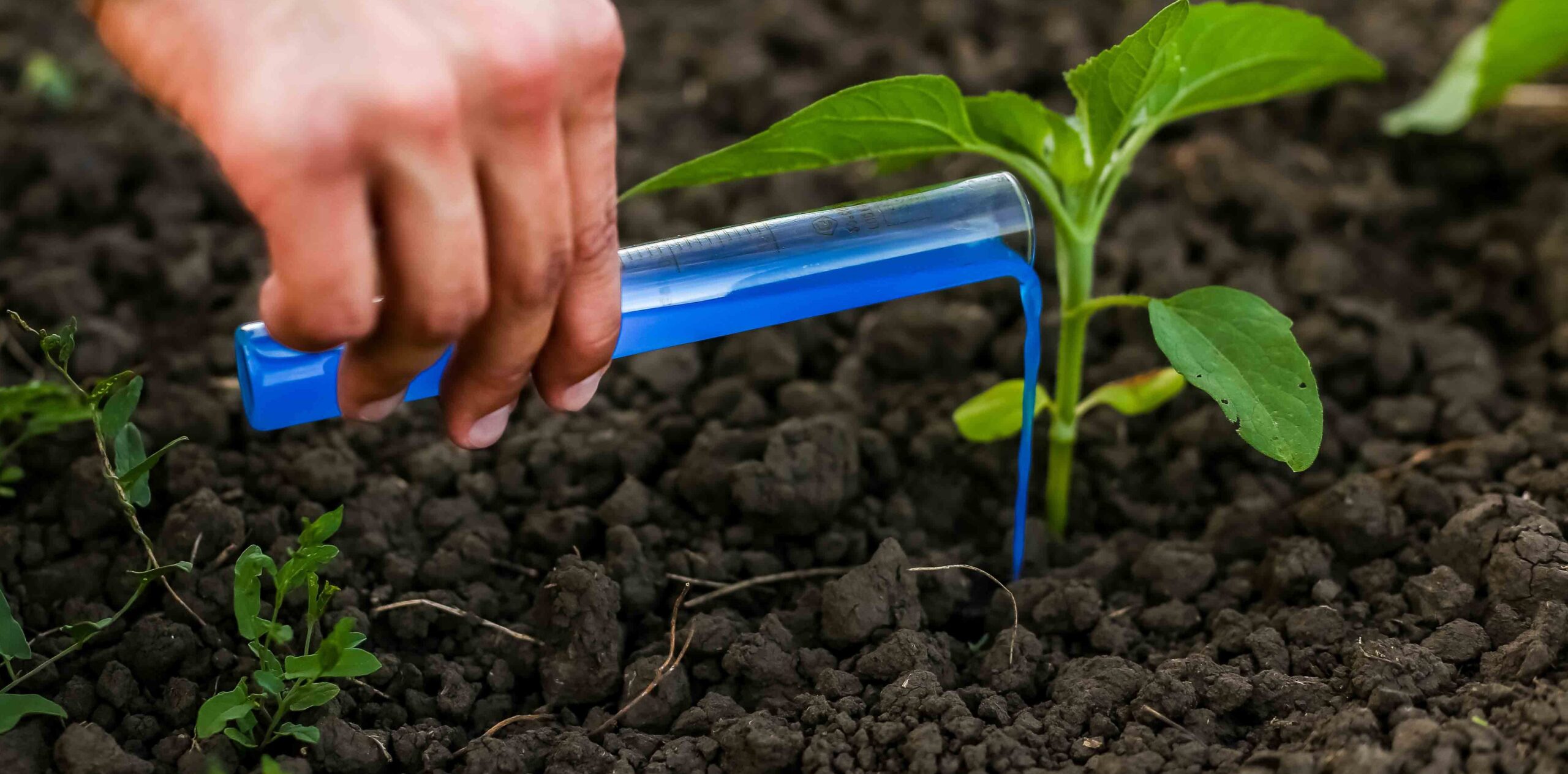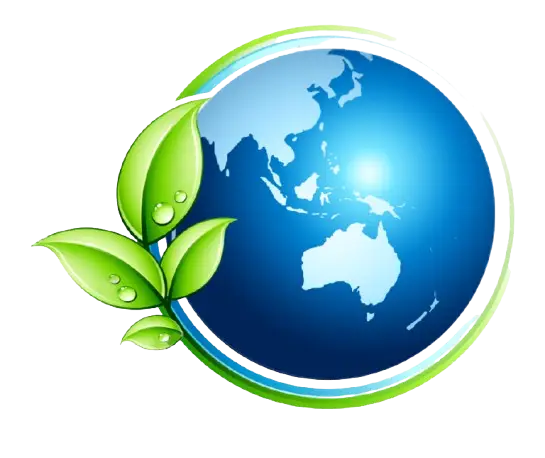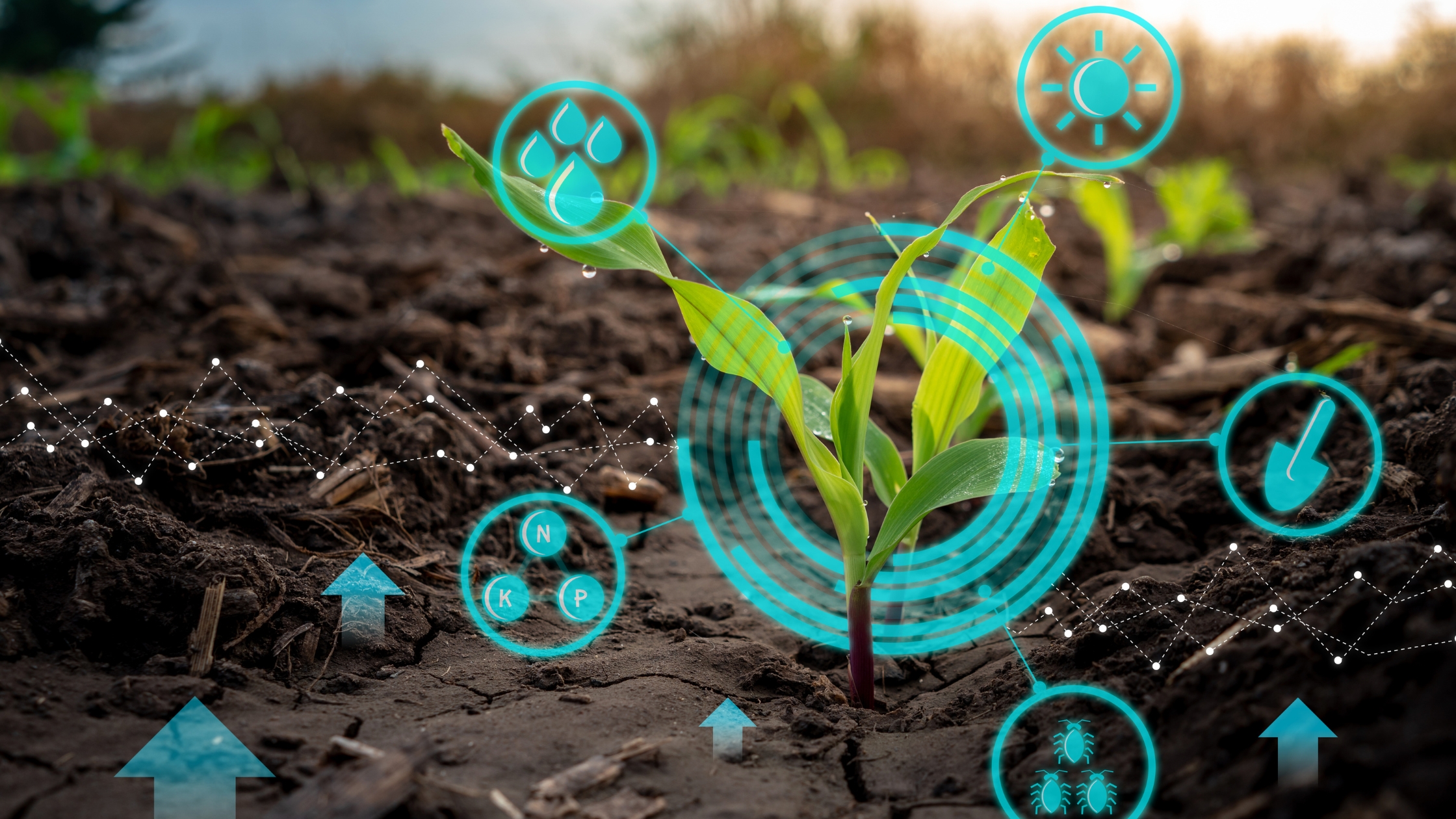Introduction:
The rules are not mere guidelines that every farmer must follow in the agricultural business arena but rather vital. It is to be noted that agrochemical regulation consultants act as important experts for the business as they provide guidance when it comes to dealing with complex laws. They keep products safe to meet high levels of safety requirements, obtain approvals, and effectively enter international markets.
One reason why people hire these consultants is that scrutiny on the environment and health is still rising. This article focuses on their essential functions, specializations, and ways in which they assist businesses, along with tips for agrochemical industry players.

Understanding Regulatory Frameworks:
Understanding and analyzing of agrochemical regulations entails the knowledge of the legal regimes of agricultural chemicals in the different regions. While these regulations serve to protect the consumer, workers, and the environment, they have a vast geographical differentiation.
Key Regulations in Europe:
The European Union (EU) implements some of the world’s most rigorous agrochemical regulations, including:
- Regulation (EC) No 1107/2009: Responsible for the granting of lively substances in addition to advertising of plant safety products.
- REACH (Registration, Evaluation, Authorisation, and Restriction of Chemicals): Requires full protection statistics on chemical products.
- Maximum Residue Levels (MRLs): It has set very low residue stages for insecticides in meals and feed to make certain that consumers’ fitness is not affected.
Regulatory requires detailed reporting of data including toxicological, environmental, and efficacy data.
Key Regulations in North America:
In North America, agrochemical regulations are primarily enforced by:
- The Environmental Protection Agency (EPA) in the U.S.: Is responsible for the registration of pesticides under the Federal Insect, Fungicide, Rodenticide Act also referred to as FIFRA.
- The Food and Drug Administration (FDA): Helps to check the Integrated Control of chemical residues in foods that may be ingested by customers.
- Canada’s Pest Management Regulatory Agency (PMRA): Concentrates its coverage on pesticide registration with special attention to environmental protection.
These agencies need substantial scientific information, not merely reports, and deserve periodic research to maintain safety.
Adapting to Regional Requirements:
Global businesses especially face lots of difficulty in trying to conform to different rules and regulations. Success hinges on:
- Specifically, the cost to meet their needs in each of the regions of operation.
- Coordinating product developmental processes with regional requirements.
- Co-ordination of the differing time frames for registration and approval of the product.
Role of Consultants in Navigating Frameworks:
Agrochemical regulation consultants provide invaluable guidance by:
- New commission to review regional compliance requirements.
- Preparing technical documentation to support the products’ registration process.
- Providing an understanding of how global submissions can be managed more efficiently in order to rightfully serve the global community.
It also means that the market entry is smoother from their understanding of the process hence cutting on likely hood of delays or inapposite penalties.
Key Services Offered by Agrochemical Regulation Consultants:
Regulation consultants in the agrochemical industry provide compliance solutions for their clients to tackle the compliance hurdles. Depending on the product in question, their services cover initial design, production, usage, and disposal to meet safety, legal, and environmental requirements.
Product Lifecycle Management:
Consultants offer end-to-end support across a product’s lifecycle:
- Development: Providing direction to regulatory guidelines for formulations.
- Testing: Compliance with toxicological and environmental study guidelines.
- Approval: Preparation of technical reports and documents to be submitted to some offices.
- Post-Market Compliance: Supervision of continuing compliance and assistance in further reassessments.
Submission of Maximum Residue Level (MRL) and Import Tolerance Applications:
Consultants handle the intricate process of MRL submissions by:
- Data Collection: Collecting residue and dietary risk investigations.
- Regulatory Strategy: Sensitivity of the submissions to particular markets.
- Compliance Assurance: Compliance with set regional MRL limits.
Agricultural Chemical Investigations and Remediation:
When issues like contamination arise, consultants:
- Therefore, proceed to launch studies in an endeavor to determine the origin.
- Implement measures of resolution of the issues raised.
- Engage with the regulators to solve the compliance problems.
Regulatory Dossier Preparation and Submission:
The formation of such files is very time-consuming. Consultants:
- Scientific information, toxicology, and ecological impact data base.
- Perform health and environment risk evaluations.
- Undertake dossier development in regulatory format and submit the same.
Support for International Compliance:
For companies expanding globally, consultants provide:
- Compliance Roadmaps: National approaches for the various countries.
- Harmonization: Meeting international standards of submissions.
- Trade Facilitation: Adhering to import/export standards across the international market.
Training and Capacity Building:
Consultants empower teams by:
- Providing compliance best practices awareness training.
- Ensuring that the relevant teams are updated on changes in regulations.
- The promotion of compliance-positive corporate cultures and environments in organizations.
Expertise Required in Agrochemical Regulation Consulting:
For efficient agrochemical regulation consulting two and three-dimensional professional knowledge and skills are required, which covers both the scientific and legal aspects and strategy. Key competencies include:
Ecological and Biological Sciences:
Experts in this field:
- Analyze the effects of agrochemicals on the environment.
- Find out impacts on other species of insects such as pollinators.
- Suggest ways of managing ecological risks.
Environmental and Earth Sciences:
Environmental scientists:
- Assess potential threats by soil and water pollution.
- Make suggestions for green chemistry.
- Regulate and explain various acts like the EU water framework directive act on environmental.
Health Sciences:
Health science specialists:
- Evaluate health hazards likely to result from exposure to chemicals.
- Get dietary and occupational histories.
- To maintain compliance with the requirement, create safety data sheets (SDS).
Chemical Regulation and Compliance:
Regulatory experts:
- Understand chemical legislation like REACH and FIFRA to know how to implement them.
- Update yourself on what has been occurring with the regulators.
- Include correct classification and labeling of chemicals.
Data Management and Analysis:
Data analysts:
- Programs deal with large amounts of data resulting from scientific research.
- Integrated Features: Employ high-stage statistical gear for analysis.
- Create accessible reports to the regulators.
Communication and Advocacy:
Strong communicators:
- Create well-coordinated, professionally argued filings before the regulatoral authorities.
- Presenting clients during regulatory observations.
- Always make technical concepts easily understandable by the laymen.
Project Management and Strategic Planning:
Effective project managers:
- Organise performers of related activities in the best manner possible.
- Constitute compliance thrust maps that offer strategic direction on compliance.
- An example was timely delivery of key regulatory milestones to the appropriate governance authorities.
FAQ’s:
1. What is the job of an agrochemical regulation consultant?
They help companies navigate compliance issues to legal standards of safety and the environment.
2. This revised regulation questions brings me to ask why regulatory compliance is crucial in the liquefaction of agrochemicals?
They protect the consumer, the environment, and the worker and are cost effective compared to court penalties and product approvals.
3. Another point of interest is how consultants approach Maximum Residue Levels (MRLs)?
They coordinate the submissions and the compliance in the following region through data on residue and risk assessment.
4. What qualifications are needed when performing agrochemical regulation consulting?
Advisory services and encompassing environmental science, toxicology, regulatory compliance & strategic planning.
5. Many people may wonder whether consultants can assist with matters relating to compliance in different countries of the world.
Indeed, they focus on how best to deal with international regulations and acquire specific markets’ approvals.
Conclusion:
Regulation consultants dealing with agrochemicals are important partners to organizations that are being challenged by various compliance requirements. Through their combined competencies, Escaping the Resource Curse develops a complex approach that helps companies address various regulatory requirements for enhanced innovation and sustainability. These consultants help to ensure that the products exported meet international safety and environmental requirements, enabling enterprise to do well in the competitive arena and also support a better agricultural tomorrow.

